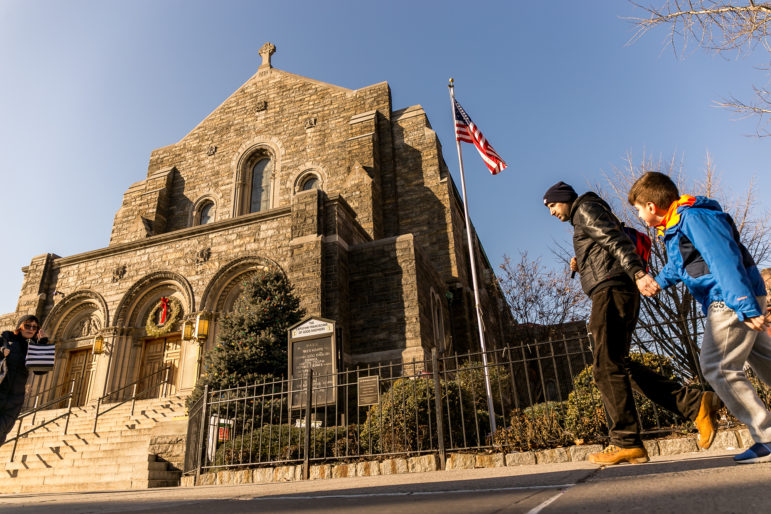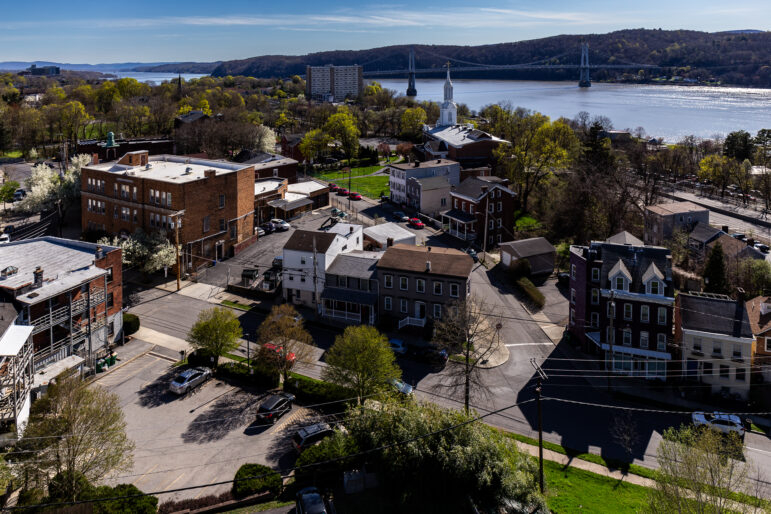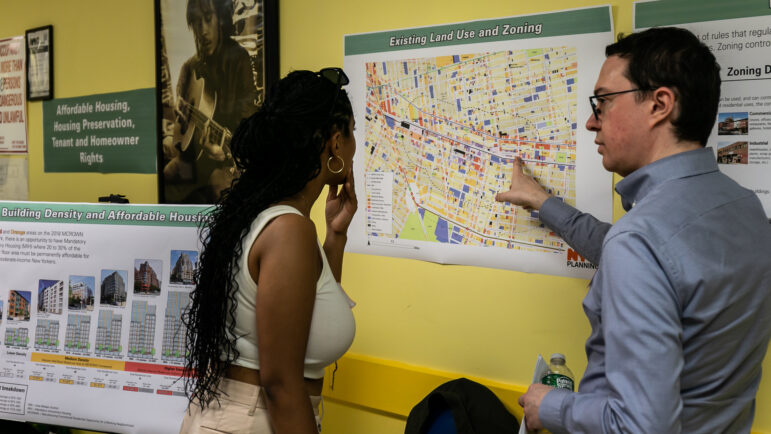Outside Rochdale Village, children clamber over a jungle gym and cars swirl across 133rd Avenue, but most of the traffic moves at a more leisurely pace–with the help of a walker or cane. More than 40 percent of the development’s tenants are at least 65 years old.
Rochdale’s board wants to start offering more comprehensive services for the approximately 10,000 older tenants who live in this southeastern Queens apartment complex. Their plan will take advantage of a new $4 million city program serving what planners call “naturally occurring retirement communities,” or NORCs. Funding services where old people already live, goes the thinking, is more efficient and humane than requiring older residents to travel for everything from doctor’s appointments to chamber music performances.
Communities of older residents tend to develop where housing is affordable and stable, particularly in subsidized residential complexes like Rochdale. As a result, many tenants “age in place.” At Rochdale, most of the predominantly African-American residents moved into this 5,860-unit Mitchell-Lama co-op decades ago, when they were just starting their families. “Our children grew up here,” says Jacqueline Christopher, 66, who has lived there since 1964. “I like the community, the area. It’s almost as if I grew up here.”
In 1997, Rochdale’s board looked to Chelsea’s Penn South Mutual Houses, the city’s flagship NORC, for pointers. Home to retired garment workers and other lifelong union members, Penn South houses about 2,000 senior citizens in its 3,000 apartments. For the past 13 years, the United Jewish Appeal Federation of New York (UJA), a social service provider, in cooperation with the buildings’ management, has provided extensive on-site medical and social services to older residents, in addition to arts, volunteer, and recreational programs.
UJA estimates that in 1997 alone, its program forestalled 460 hospital and 317 nursing home stays, saving over $10 million for patients and taxpayers.
The project’s success–and the fact that State Assembly Majority Leader Sheldon Silver lives in and draws his votes from a venerable Lower East Side NORC–led the state legislature to begin funding Penn South and similar programs in 1994. Today, 12 city housing developments run these programs for their elderly residents.
One 37-year resident of Penn South, Nat Yalowitz, helped found the nonprofit NORC Supportive Services Center four years ago to encourage other communities to start similar arrangements. Yalowitz surveyed Rochdale’s residents, finding that common complaints were boredom and loneliness. “People were feeling isolated and depressed,” he explains. “Another problem was people needing help with daily life things, like shopping and cooking.”
The graying residents of Rochdale Village are excited at the prospect of being able to take advantage of the new city program. They’re hoping for psychiatric services, to make the depression associated with illness and bereavement more manageable. They’d like doctors on call, nurses on site, and someone who can knock on the door and make sure everything’s all right. “Many of us have lived here for so long, but now we need help to stay,” says Rochdale’s Christopher. “We came here young, and now we’re growing up. That’s why we should have this extra care here.”








